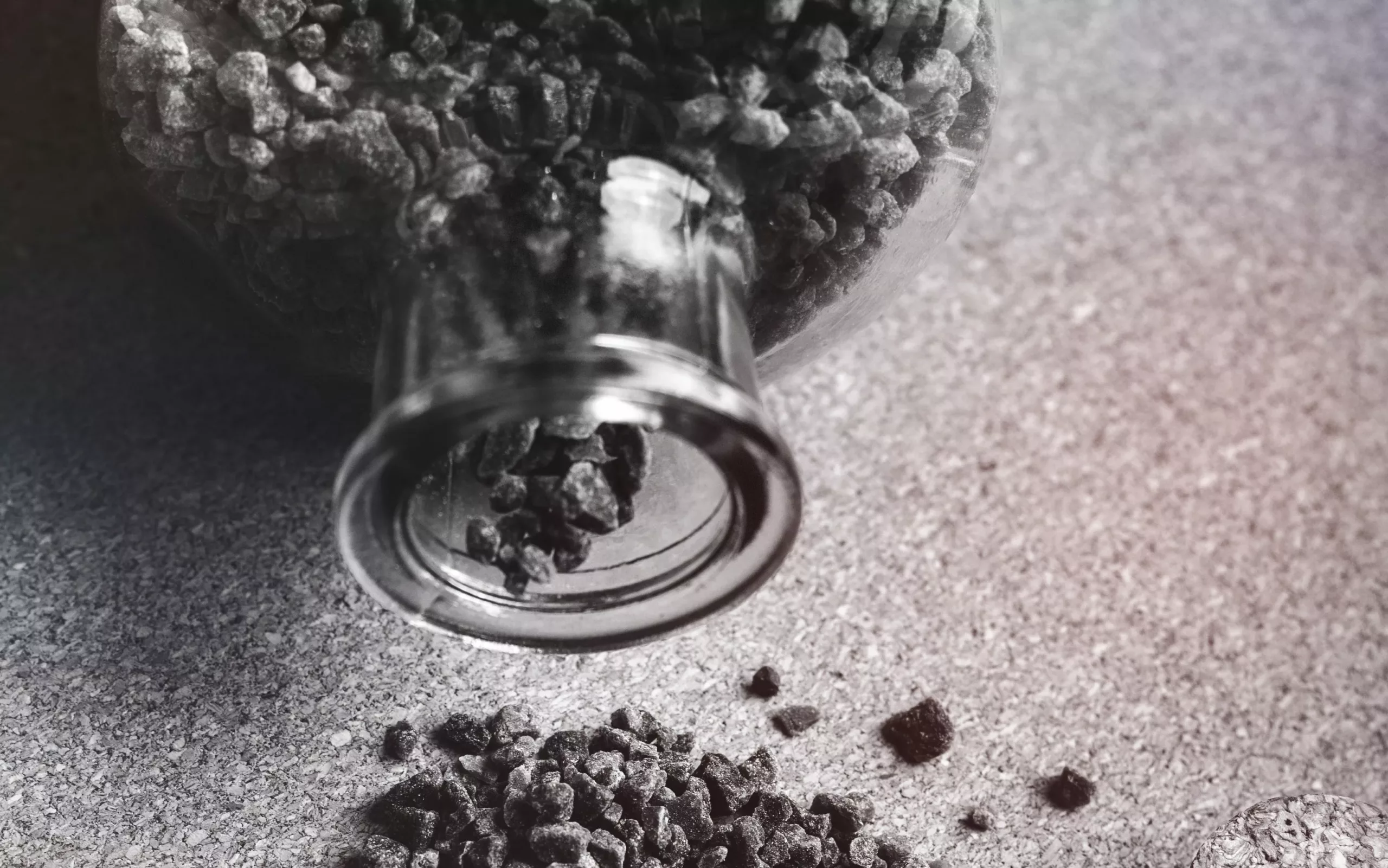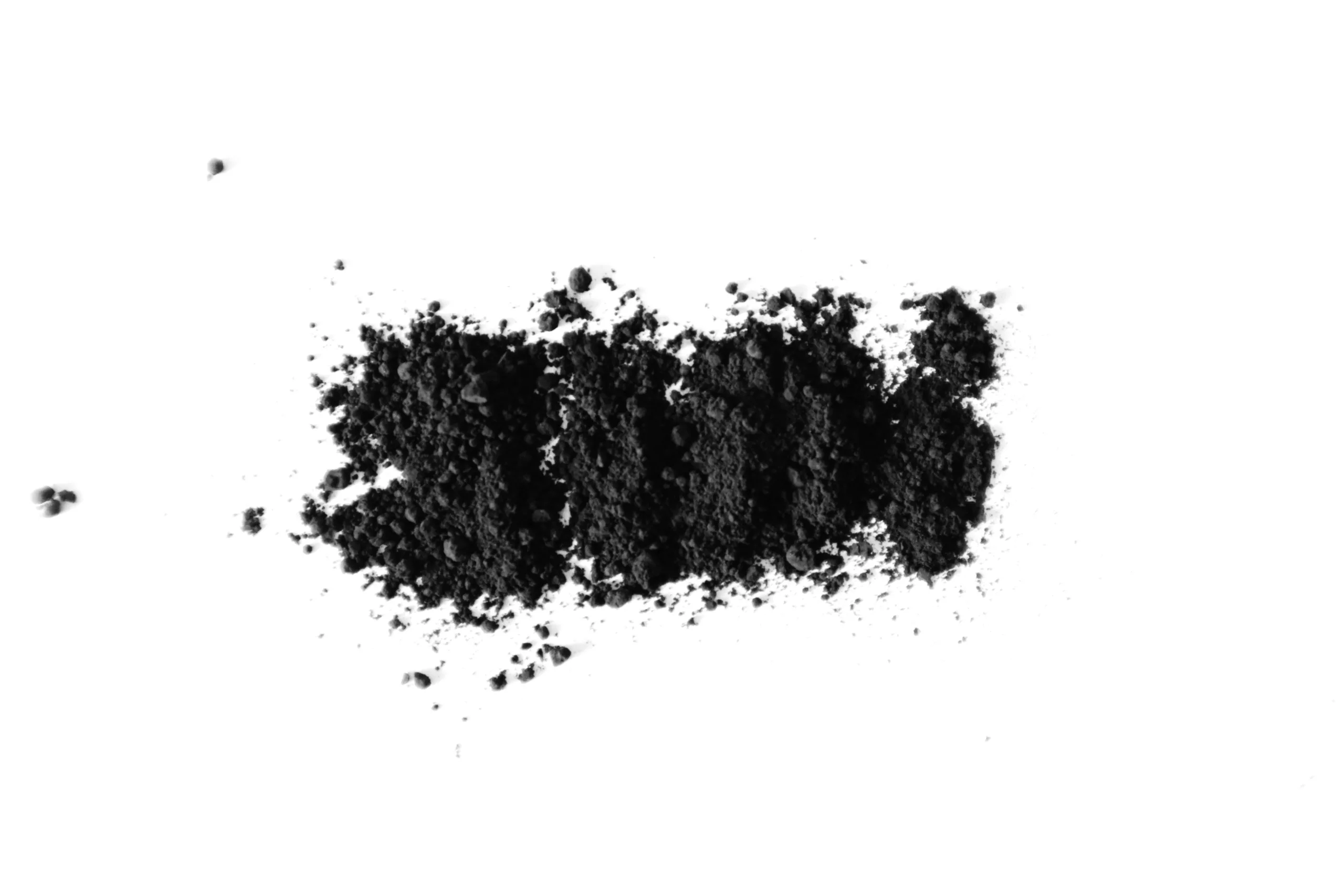Amid the plethora of natural remedies and holistic treatments, activated charcoal has emerged as a standout. This seemingly simple black powder has been catapulted into the limelight, finding its place in health stores, beauty products, and many households. Rooted deep in ancient medicine, activated charcoal is often labeled as the antidote for stomach bugs. But how much of this claim stands true? Dive in with us as we unravel the mysteries of this black magic.

What is Activated Charcoal?
At first glance, activated charcoal might seem indistinguishable from the charcoal we use in barbecues. But don’t be fooled. Activated charcoal is specially processed to become highly porous, amplifying its ability to trap and absorb substances. Predominantly made from coconut shells, bone char, peat, petroleum coke, coal, and sawdust, this charcoal undergoes a rigorous heating procedure, resulting in the “activation” of its powerful absorption capabilities.
Activated Charcoal and the Stomach Bug Connection

Credits: goodhousekeeping
Every now and then, we hear anecdotes of someone swearing activated charcoal for their stomach troubles. There’s a logic behind this praise. The very feature that makes activated charcoal a potent absorber in industrial applications might also make it effective in trapping toxins and chemicals in the stomach.
Historically, activated charcoal’s absorbing abilities have been employed during cases of drug overdose or accidental poisoning in clinical settings. When faced with a stomach bug, the idea is that activated charcoal might absorb harmful microorganisms and their toxins, giving the patient some relief. However, while anecdotes abound, scientific backing in this area remains fragmented and requires further exploration.
Broadening the Horizon: Other Stomach-related Uses
The spectrum of activated charcoal’s benefits doesn’t stop at stomach bugs. Over time, various other digestive uses have surfaced:
Gas and Bloating: By binding with gas-causing byproducts in foods, activated charcoal can potentially offer relief from bloating and discomfort. Preliminary studies hint at this, but more robust research is needed.
Food Poisoning: Given its reputed ability to absorb toxins, many have reached for activated charcoal during bouts of food poisoning. But remember, in severe cases, immediate medical attention is paramount.
General Stomach Discomfort: While not a miracle cure, some individuals find solace from general stomach discomfort after consuming activated charcoal, though the exact reasons remain a topic of discussion among experts.
Cautionary Tales: The Importance of Medical Guidance

Activated charcoal, despite its potential, comes with a slate of cautions:
Pharmaceutical Interactions: This absorber is non-selective. It can soak up your prescription medications, making them ineffective, which can be hazardous, especially with critical medicines.
Correct Usage: The when and how of activated charcoal consumption can be a fine line between benefit and harm. Overconsumption can lead to complications like constipation or even blockages.
Prioritize Expert Advice: Natural doesn’t always mean safe. Always prioritize a healthcare professional’s advice over anecdotal evidence. Ensure safety before trying any remedy, including activated charcoal.
Beyond Health: The Greener Side of Activated Charcoal
Activated charcoal’s footprint extends far beyond the realms of personal health. Its sustainable applications are noteworthy:
Air and Water Purification: Its knack for trapping impurities makes it a star player in air purifiers and water filtration systems, ensuring cleaner air and potable water.
Eco-friendly Gardening: In gardening, it enhances soil health, promoting better plant growth without the use of chemicals.
Cleaner Energy with Biogas: In biogas production, activated charcoal helps in purifying the gas, ensuring a cleaner burn and reduced emissions.
Sustainable Artistry: For the eco-conscious artist, activated charcoal becomes a tool for expression, providing a medium that’s both impactful and environmentally friendly.
Conclusion
Activated charcoal is undoubtedly fascinating. Its potential in addressing stomach ailments and its environmental applications make it a substance worthy of attention. However, as with anything, moderation and caution are key. While natural remedies like activated charcoal present a promising frontier, it’s essential to navigate this space with knowledge, skepticism, and consultation. Your health and well-being should always come first.
Ready to embrace a greener lifestyle? Explore our home and lifestyle blogs for eco-friendly tips and hacks that make a difference. Click here to start your sustainable journey today!








